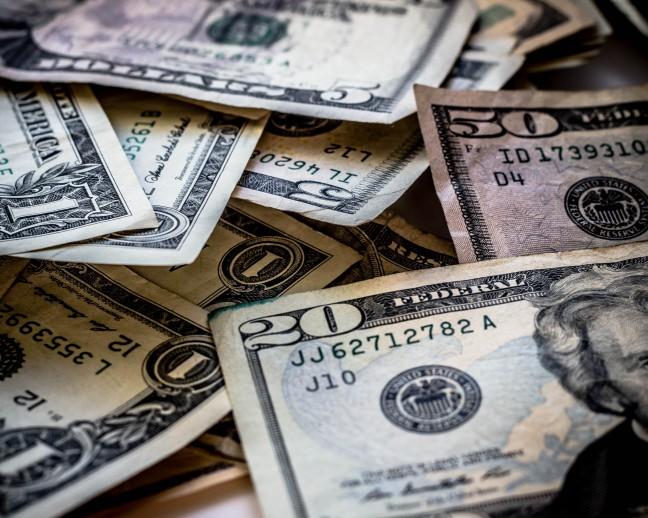Death, taxes and the inevitability of bone-crushing mass automation bound to strip millions of low-skill workers of their livelihoods.
Once upon a time, ancient cultures had positions called “travel agents.” These primitive jobs held by members of our own species were used by everyone to arrange their vacation itineraries. But how did these dinosaurs go extinct? A meteor? A flood? Predictably, the travel industry was dominated by a faster, more efficient digital replacement. As our technology inevitably improves, the bar for which jobs necessitates human involvement gets raised higher and higher.
With massive unemployment a given, and the benefactors of these newly automated industries numbering in the very few, how can we avoid a world of economic inequality incomprehensible even by today’s standards? Let’s give everyone a yearly check. It isn’t welfare, rather a basic universal income — and it is going to be necessary.
To find an example of the system, look no further than Alaska. Each year, citizens receive around $1,000 from the state’s oil preserve, called the permanent fund. As one would expect, a government program that hands out yearly stipends is quite popular among its recipients. For Alaskans living around the poverty line, the yearly hand out is essential. Particularly in rural areas, in which one in five Alaskans would be pushed below the poverty line without the stipend according to a study conducted at the University of Alaska-Anchorage.
This trend is universal across a wide array of industries. Basically, it is indisputable that sometime soon we are going to see a major unemployment crisis. We’ve had other automated revolutions before — the industrial revolution is arguably one of the greatest catalysts for change the world had ever seen — but the forthcoming revolution differs in a few key areas that presents mass unemployment as the obvious future.
For the first time, technology replacing humans hardly needs any oversight, its ability to think for itself eliminates the need for human involvement. The discrepancy between the production capabilities of this newest brand of automation and the human being is wider than ever before, and the speed of the proliferation of these technologies is astounding. For these reasons and more, a universal basic income must be implemented to save those left in the wreckage.
Universal basic income is not only for low-skill laborers fallen on hard times. A sad reality of coming to terms with adulthood is often the realization that there are insurmountable obstacles in the way of achieving one’s dreams. Student loan payments, mortgage payment, childcare … how many bright-eyed college graduates must give up on their ideal profession due to these restraints? A basic income would allow young people to strive for something more than a paycheck. They would be able to take more risks. They could spend a year writing a book, traveling, learning a trade at a low-paid position or they could go to grad school with less of a burden.
Think about the elderly, those who aren’t receiving enough from Social Security or Supplemental Security to spend their later years at ease. It is better for the country if the elderly are not working part time, taking up jobs from our country’s youth.
The beautiful thing about the basic universal income is that it is not a partisan idea. It is not a redistribution of wealth. It is a flat rate handed out yearly, with no strings attached. In fact, many libertarians love the idea as a replacement for their much-disdained welfare. Our welfare system is broken, and it really isn’t an argument. The planned balance between personal responsibility and federal aid looks more like widespread dependency these days.
The universal basic income removes the guesswork from government handouts. No excuses. The money is in your hands — nobody is going to bail you out, nobody is going to check up on you. In this way, it is truly an enigma: Government aid that relies on personal accountability. Wouldn’t it be nice for the future to be a bipartisan investment?
Will Stern (wstern4@wisc.edu) is a sophomore majoring in journalism.


